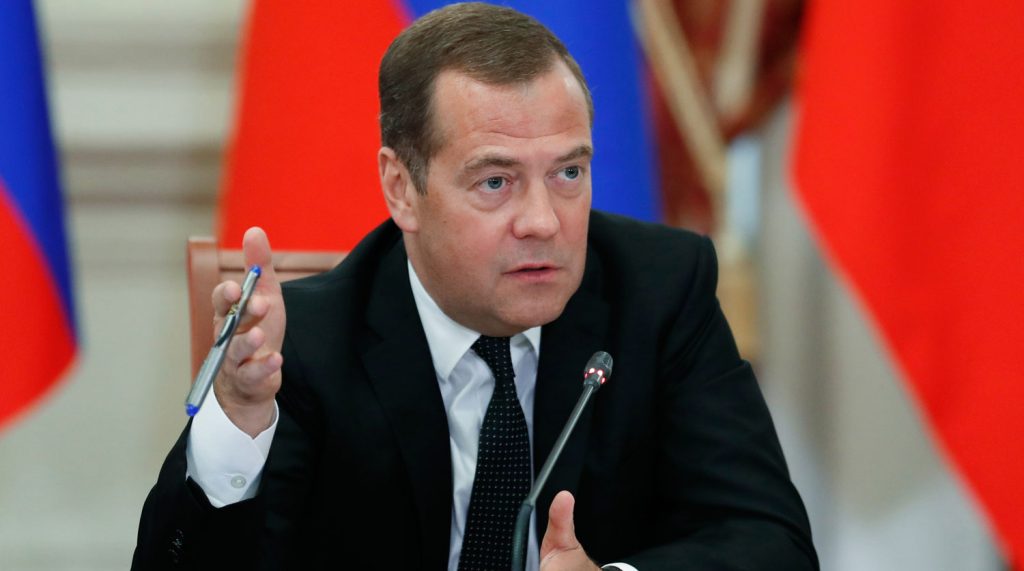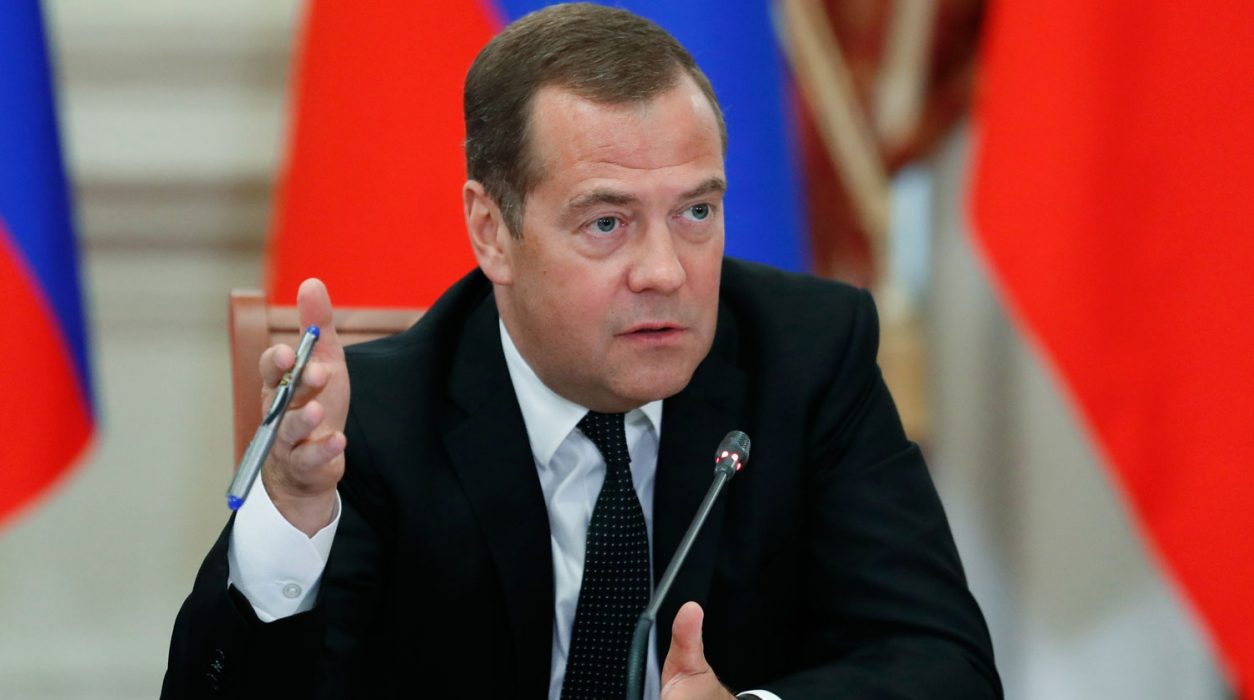
Russia’s deputy head of the National Security Council, Dmitry Medvedev, said in an article published in Russia in World Politics magazine that the economic efficiency that digitalization creates should not be achieved at the cost of “digital totalitarianism.”
He stated “The digital sector will undoubtedly become an important factor in the economic, social and political development of the world after the pandemic. But the precise demarcation between the benefits of digitalization and the threat of the emergence of the “older digital brother” (digital authoritarianism) and the limitations of human rights and fundamental freedoms are critical. The economic efficiency that digitalization brings cannot be bought at the cost of “digital totalitarianism.”
Medvedev stressed that new institutions are now being formed and that the structure of social and political life, based on which there are new technological solutions, is emerging.
“Right now, we need to take a closer look at the solutions to the creation of new anti-crisis institutions, understand what short-term institutions can be, and preferably reject them. “And which of them can play a role in the future,” he added.
According to Medvedev, special attention should be paid to the organization of production in the new world, and “many mechanisms for conducting trade should be reviewed, taking into account environmental risks, which are likely to increase costs in the economy.”
“At the same time, digitalization will be able to cover these costs, but it will also lead to the design of structural and organizational solutions,” the deputy chairman of the Security Council stated.
